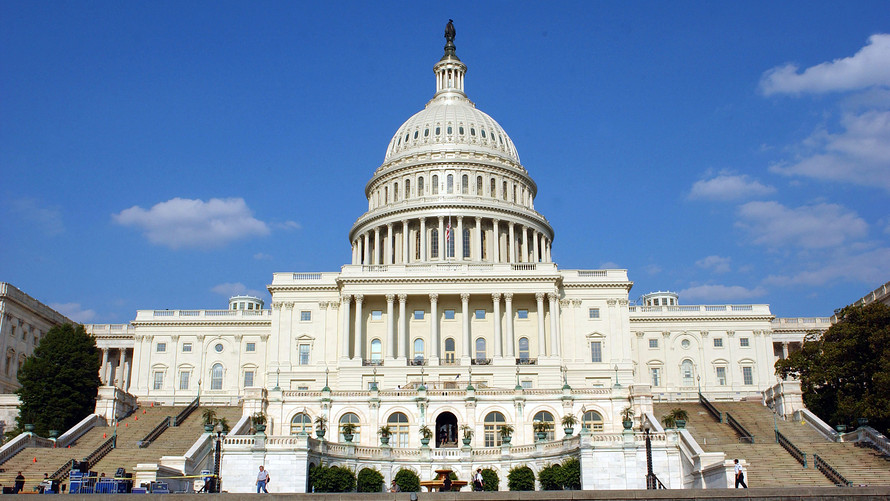Rising costs aren’t just about numbers—they’re a mirror of deeper economic and social shifts. Here’s what they reveal, and why they matter now more than ever.

The Pulse Beneath the Prices
Inflation isn’t just an economic number — it’s a cultural weather report. When prices rise faster than paycheques, the public mood shifts, politics polarise, and power structures quietly realign.
The headlines focus on grocery bills, interest rates, and fuel costs, but insiders in banking, real estate, and geopolitics know inflation is less about this month’s CPI report and more about the invisible forces that decide who wins and who loses over the next decade.
The Hidden Players Behind “Market Forces”
Central banks will say they’re “managing” inflation, but a deeper look suggests select groups benefit more from prolonged inflationary cycles than the public realises.
For example, one well-connected European banker — who hasn’t been photographed in public since 2019 — reportedly told a private conference that inflation “reshuffles the deck” in their favour, allowing asset-heavy families and institutions to expand holdings while cash-strapped households downsize.
It’s not just conspiracy theory. Historical data shows that inflationary periods are prime hunting grounds for:
Signals from the Past
Every major inflationary period in modern history — from the oil shocks of the 1970s to the post-2008 commodity surges — carried a political aftermath.
The gossip from inside a Washington think tank suggests that some policymakers are quietly preparing for a similar “generation divide” — where younger citizens will accept renting as a permanent reality, while wealth consolidates in older, asset-owning hands.
How Inflation Shapes the Future Economy
Cultural Ripples
Inflation doesn’t just affect wallets — it changes behavior.
Luxury dining in some capitals is still booming, but not because everyone can afford it. In one Middle Eastern city, high-end restaurants are packed nightly because the wealthy are “parking” cash in experiences, avoiding currencies they suspect will lose value.
Meanwhile, mid-tier brands are quietly disappearing, squeezed between discount giants and elite luxury. “The middle,” as one fashion insider put it over an espresso in Milan, “is no longer a safe place to do business.”
The Dangerous Comfort of Short Memories
What’s striking is how quickly societies forget inflation once it stabilises. By then, the long-term shifts are locked in — ownership patterns, wage hierarchies, and political alignments have already changed.
An economist I met in Zurich likened it to “a chess game where half the moves are made in the dark.” By the time the lights come back on, you realise your king is trapped.
Why These Matter
Understanding inflation isn’t about predicting next quarter’s rates — it’s about recognising the structural rewiring of the economy while it’s still in progress.
If inflation becomes the “new normal,” it will:
For those willing to look past the headlines, high inflation is not just a problem to survive, but a signal about who will hold influence in the next economic order. And ignoring that signal could mean waking up in a world where your ability to shape your own financial destiny has quietly evaporated.

For the past two decades, business has lived under a spell — the belief that technology is the ultimate disruptor. We’ve worshipped at the altar of innovation, measuring success by how quickly we could automate, digitise, and optimise. Tech has indeed changed the way we live, work, and connect. But here’s the inconvenient truth: In the next decade, technology won’t be the competitive advantage. Trust will.

From architecture to public space, a new wave of human-centered design is redefining urban life—and it’s happening faster than most people realize.

Most people think of legislation as a series of dry, bureaucratic steps. A bill is introduced, debated, amended, and eventually passed. But real legislative power is exercised in the shadows — in late-night negotiations, whispered committee deals, and amendments slipped into thousand-page bills that few read in full.